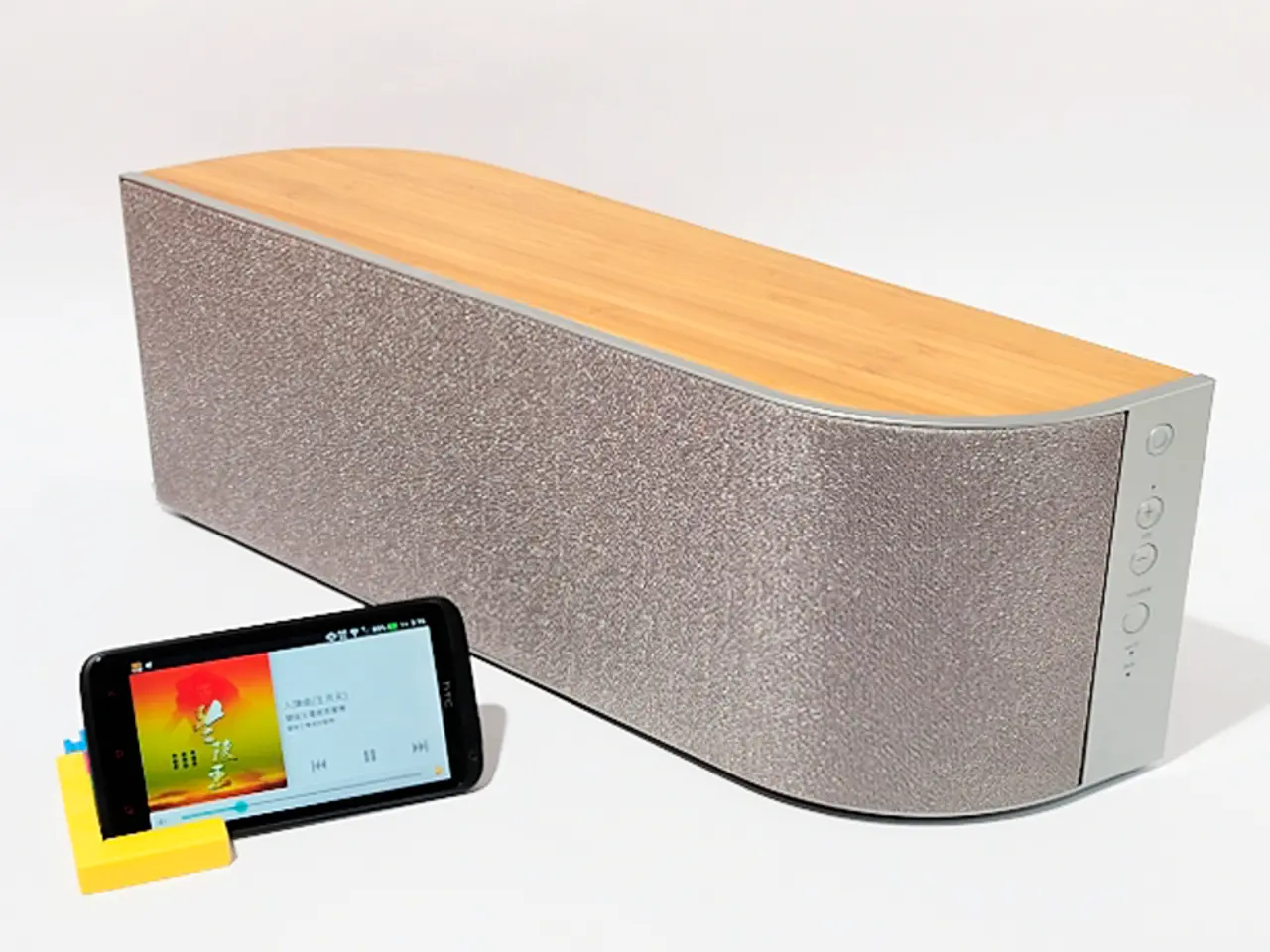Exploring four centuries of the Goths' evolution
The Gothaer Future Day, a digitally conducted event, brought together experts and thought leaders to discuss the future of technology and society. The event, hosted by the 200-year-old insurer Gothaer Group, based in Cologne, dared to look ahead to the year 2220.
One of the innovative technologies discussed during the Gothaer Future Day was quantum computing. With quantum computing advancing rapidly, companies like Fujitsu are developing superconducting quantum computers exceeding 10,000 qubits, aiming for completion around 2030 and aiming for 1,000 logical qubits machines by 2035.
Current developments in quantum computing include Fujitsu’s "STAR architecture" for early fault-tolerant quantum computing, aiming to enable practical applications such as complex simulations in materials science. There are also advances in hybrid quantum-classical machine learning approaches to address technical limitations and improve quantum algorithm efficiency. Google's recent milestone with its "Willow" quantum processor at 105 superconducting qubits marks progress towards scaling quantum processors.
By 2030–2035, machines with thousands of qubits and early fault-tolerance may become viable, enabling quantum computing for industrial and scientific breakthroughs. Integration of quantum computing with AI and data centers, creating hybrid facilities where quantum, classical, and AI processors operate together, is envisioned by 2030. Beyond mid-21st century, if scalability and error correction challenges are mastered, quantum computers could revolutionize fields such as cryptography, materials science, and large-scale data processing.
Looking toward 2220, while concrete predictions are not documented in current research, it is reasonable to expect quantum computing to be a mature, ubiquitous technology, potentially integrated with future quantum networking, advanced AI, and even technologies currently unimaginable, reflecting exponential technological growth.
In addition to quantum computing, the Gothaer Future Day also discussed topics such as societal change, resource-efficient business practices, and travel to Mars. The event was guided by Oliver Schoeller, the CEO of the Gothaer Group, who led the discussions from Cologne.
The Gothaer Future Day provided a platform for experts to share their insights and perspectives on the future of technology and society, offering a glimpse into the possibilities that lie ahead. As quantum computing continues to advance, it is clear that it will play a significant role in shaping the world of the future.
During the Gothaer Future Day, the advancement of quantum computing was one of the innovative technologies discussed, with experts anticipating it to become a mature, ubiquitous technology by 2220. As companies like Fujitsu strive for completion of superconducting quantum computers exceeding 10,000 qubits by 2030, the integration of quantum computing with AI and data centers is envisioned for around the same time.




